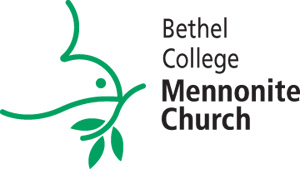9:30 a.m. Worship with sermon by John Tyson – Presence—not perfection and sharing by Ben Lichti The joys and challenges of being a youth sponsor; music by Chancel Bells
10:30 a.m. Fellowship Time in the Gathering Place with coffee/water/tea
10:50 a.m. Faith Formation—Visitors welcome!
- Infants & Toddlers—Nursery at back of the sanctuary
- Pre-K through 1st grade in B4; 2–4th grade in B3; 5–6th grade in B8
- Junior High students (7–8th grade) – Room 26
- Senior High students—Room 22—Gospel of Matthew—Tim Hodge
- Agape—Fellowship Hall
- Bible Study—Rm 14—Wisdom’s Lessons—Proverbs 17:1-28 and Ecclesiastes 1:1-18—Eric Massanari
- Catacombs—Rm B5—Kate Mast, MCC Material Resource Center Supervisor, recently returned from Jordan
- Fellowship—Rm B7
- Fine Arts—Rm 24
- Issues & Christianity—Rm 23
- Mosaic—Rm 20—Sermon reflection and other current topics
- Open Circle—Rm 21—Worship reflection and response
- Seekers—Rm 28—Book Study: Lilian Smith: “Killers of the Dream”
- Sojourners—Chapel—Tales along the Sand Creek Trail—Richard Rempel

